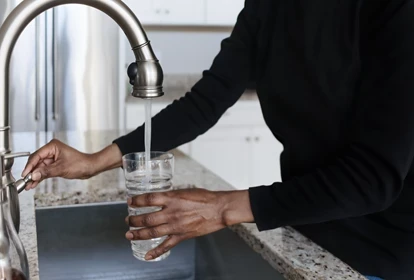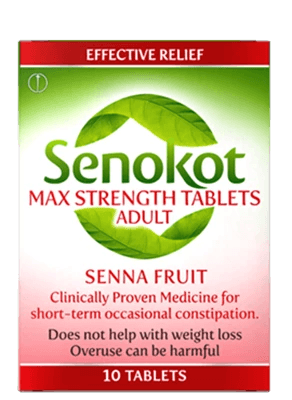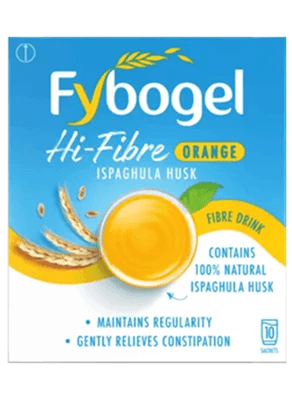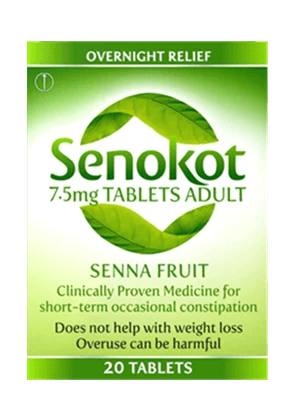Treating Constipation
What are effective ways to relieve constipation?
You can ease your symptoms at home by changing your diet and lifestyle. It’s okay to make small changes, even if you’re pregnant. You may notice an improvement in a few days, but it can take a few weeks.
The following changes can make your stool softer and make it easier for you to empty your bowel:
- Drink lots of fluid
- Avoid or limit the amount of alcohol you drink. Avoid alcohol all together if pregnant.
- Increase the amount of fibre you eat
- Eat cereals high in fibre, such as wholewheat biscuits, shredded whole grain, or porridge oats.
- Choose wholemeal, granary bread, or high-fibre white bread.
- Try wholemeal pasta, bulgur wheat, or brown rice in your diet.
- Eat potatoes with their skins on, like jacket potatoes or boiled new potatoes.
- Add pulses like beans, lentils, or chickpeas to meals such as curries and salads.
- Eat your ‘5 a day’. This can be both Fresh and dried.
- Snack on unsalted nuts, seeds, rice crackers, or oatcakes.
Review your Toilet Routine
- Try to go to the toilet at the same time and in the same place each day
- Don’t rush it. Give yourself plenty of time
- If you feel the need to poo, don’t put off going to the toilet
- Try resting your feet on a low stool. If possible, with your knees higher than your hips
Be Active
Try to move around more. You can increase your activity level by doing a little extra in your day, whether it’s light stretching, or getting some air.
Constipation Remedies
If changing your diet and lifestyle doesn’t seem to help, you might need to try a laxative to help ease symptoms. Available over the counter from pharmacies and supermarkets and prescriptions from your GP.
There are various types of laxatives available:
The NICE (national institute for health and care excellence) guidelines recommend a bulk forming laxative as a first approach, such as ispaghula husk (Fybogel) and methylcellulose. These laxatives increase the weight of stool lying in the bowel, which makes you feel you want to go to the toilet. When taking bulk forming laxatives, drink lots of water to keep you hydrated. Bulk forming laxatives take 2-3 days to work.
- Osmotic laxatives
If a bulk forming laxative does not relieve your constipation, try an osmotic laxative such as Macrogol. Osmotic laxatives work by drawing water into the bowel. This makes the stool softer, so you’ll find it easier to empty your bowel. They get to work in about 2-3 days.
- Stool-softener laxatives
These work by drawing water into the stool, making it softer. These include Arachis oil and docusate. You may find stool-softener laxatives useful if your constipation is a side-effect of medication.
- Stimulant laxatives
If you’re still having problems, stepping up to a stimulant laxative can help, such as senna (Senokot), bisacodyl, and sodium picosulfate. They work by stimulating the muscles of the lower gut, making them work harder to move the poo along with the bowel. Working quicker than bulk or osmotic laxatives, taking about 6-12 hours.
What else do I need to know about laxatives?
Laxatives are for occasional use if lifestyle and diet measures do not help. You should stop taking them once your bowels become regular again. If you’re still having problems after a week, speak to your GP. Don’t self-treat with laxatives if you have ulcerative colitis or Crohn’s disease.
Some laxatives are more appropriate than others during pregnancy, for example Bulk forming laxatives like Fybogel, however you should always check the pack or product information leaflet before taking as this can vary by laxative type and product. Speak to your GP if diet and lifestyle changes do not help. Laxatives aren’t usually recommended for children unless advised by a doctor. Medicines can affect the unborn baby. Always talk to your doctor or pharmacist before taking any medicine in pregnancy.
When should I contact my GP?
Speak to your GP if you have any concerns or if:
- Diet, lifestyle changes and a week’s course of a laxative haven’t helped
- You are regularly constipated and have had constipation for a long time
- Bloating lasts for a long time
- You’ve noticed blood in your stool
- You’ve lost weight without planning to do so
- You feel very tired all the time
- Your constipation is a side effect of medicine such as opioid painkillers
Still not sure what laxative you should use if lifestyle changes have been ineffective, take our quiz to know what product is right for you.


















